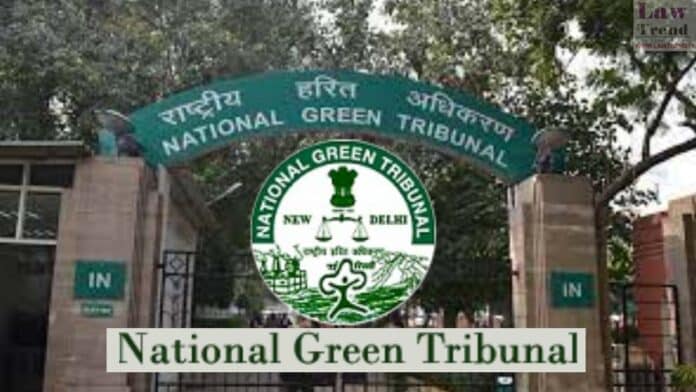The National Green Tribunal (NGT) has directed the West Bengal government, the National Mission for Clean Ganga (NMCG), and the Central Pollution Control Board (CPCB) to file detailed affidavits identifying gaps and deficiencies in the implementation of the Ganga Action Plan in the state.
The tribunal, led by its Chairperson Justice Prakash Shrivastava, expressed serious concern over the continued discharge of untreated sewage into the Ganga river from multiple drains, despite partial actions taken under the pollution control programme.
Reviewing the status of pollution control measures along the Ganga in West Bengal, the NGT observed that several sewage treatment plants (STPs) were either non-functional or failing to meet environmental standards. The tribunal flagged significant gaps in project execution, water quality data, and planning.
The CPCB report presented before the tribunal revealed that out of 42 STPs in 30 towns along the Ganga in West Bengal, only 31 were operational — and of those, just seven met the required discharge standards. The NGT also noted that the CPCB failed to disclose the total installed capacity of these STPs and how much of it was being effectively utilized.
According to the West Bengal government’s submissions, many major drains with heavy pollution load still lack completed Detailed Project Reports (DPRs), and no firm timelines were provided for their completion.
In response, the tribunal ordered the Chief Secretary of West Bengal, the Director General of NMCG, and the Member Secretary of CPCB to submit affidavits before the next hearing on October 8, clarifying the current deficiencies and measures to bridge the identified gaps.
The tribunal further directed that a comprehensive rejuvenation plan be implemented, focusing on preventing the discharge of sewage into stormwater drains and canals by establishing centralised and decentralised sewage treatment infrastructure.




